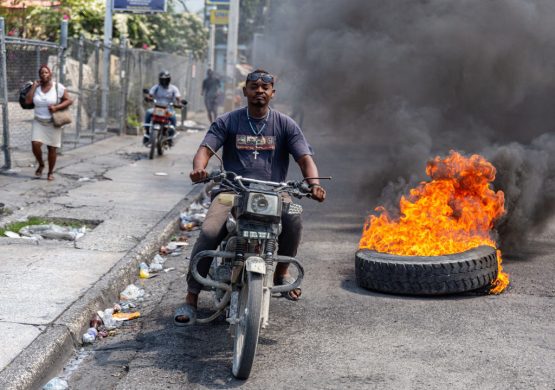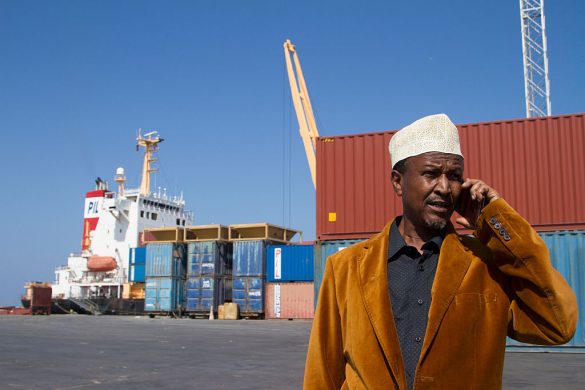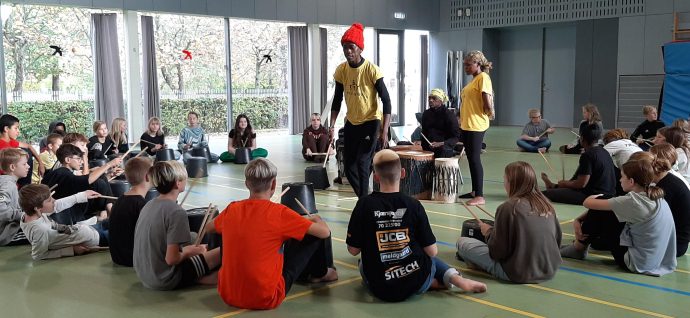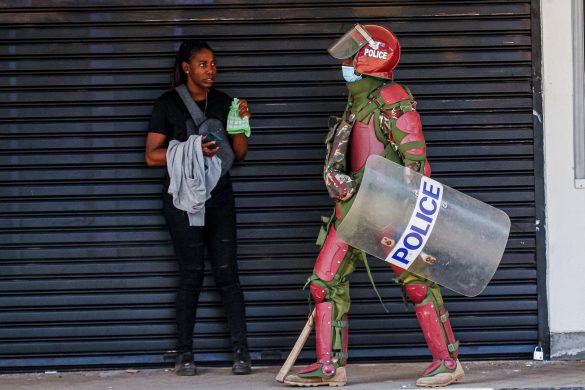Refugee camps have traditionally been recruiting pools for terrorists. Now recruitment is much more widespread, and it’s not only young Somalis – or Muslims in general – in Kenya that are talked into extremism.
“Regardless of religion or ethnicity, boys and young men living in the slums are approached by al-Shabaab or ISIS recruiters. However, not only poor young people get involved in terrorism as we saw recently in the Garissa attack last year where some of the terrorists were university students”, Hellsten remarks.
Se mere om angrebet i april sidste år her
In new NAI policy note, Hellsten also points out that corruption in Kenyan security agencies and other state organs is an obstacle to combating terrorism.
So far, the Kenyan government’s response to terrorist activities has been reactive and militaristic rather than constructively preventive. However, beefing-up only the security measures has its problems.
“If innocent citizens get hurt – or feel targeted – it will lead to even more radicalisation. Human rights organisations in Kenya already accuse the government of random arrests, torture and killings of young Muslim men in the northern and coastal parts of the country”, Helsteen notes adding:
“On the other hand, security forces accuse NGO’s of protecting terrorists. It is important to find a balance between security and protecting citizens’ rights”.
Læs hele hendes policy note her
Kilde: Seneste nyhedsbrev fra Nordiska Afrikainstitutet (NAI) i Uppsala mandag














